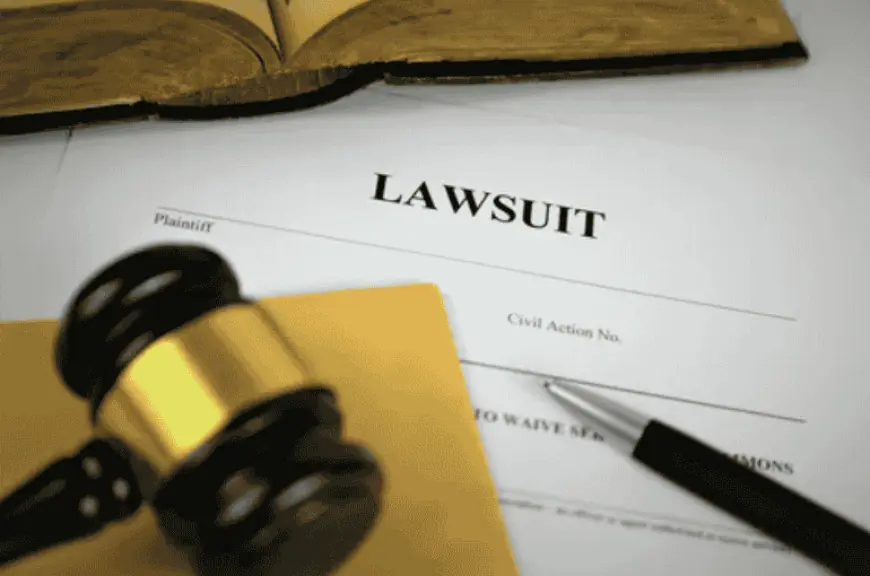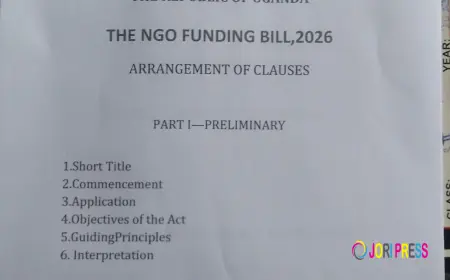Why Do So Many Americans Sue Each Other? The Truth Behind the Trend

America has long been known as a litigious society, where lawsuits are a common way to resolve disputes. From frivolous cases to high-stakes legal battles, the U.S. sees millions of lawsuits filed each year. But why is this the case? What drives so many Americans to take legal action against one another?
In this blog post, we’ll explore the key reasons behind this trend, including cultural, legal, and economic factors. We’ll also examine whether this litigious nature is beneficial or harmful to society and how it impacts everyday life.
1. The American Legal System Encourages Lawsuits
One of the primary reasons lawsuits are so common in the U.S. is the structure of the legal system itself. Unlike many other countries, the U.S. operates on a "loser pays" system in only limited circumstances. In most cases, each party covers their own legal fees, which means plaintiffs have little to lose by filing a lawsuit.
Additionally, the U.S. allows for contingency fee arrangements, where lawyers take cases without upfront payment, collecting a percentage only if they win. This makes it easier for individuals to pursue legal action, even if they lack financial resources.
2. Compensation Culture: The Pursuit of Financial Rewards
Many lawsuits are driven by the potential for large financial payouts. High-profile cases with multi-million-dollar settlements often make headlines, encouraging others to seek similar compensation.
Areas like personal injury, medical malpractice, and product liability are particularly prone to big settlements. For example:
-
A customer sues a restaurant after slipping on a wet floor.
-
A patient files a malpractice claim after a surgical error.
-
A consumer takes legal action against a company for a defective product.
While some lawsuits are justified, others are seen as opportunistic, leading to debates about "lawsuit abuse."
3. The Role of Advertising: "Have You Been Injured? Call Now!"
Legal advertising plays a huge role in the number of lawsuits filed. TV commercials, billboards, and online ads constantly remind people that they may be entitled to compensation.
Phrases like:
-
"Don’t settle for less than you deserve!"
-
"Injured in an accident? We fight for you!"
…create a perception that lawsuits are an easy way to get money. This aggressive marketing has contributed to the rise in litigation.
4. A Lack of Alternative Dispute Resolution
In many countries, disputes are settled through mediation or arbitration before going to court. However, in the U.S., lawsuits are often the first (rather than last) resort.
Factors contributing to this include:
-
Distrust in out-of-court settlements – Many believe they’ll get a better deal in court.
-
Emotional factors – Some lawsuits are fueled by anger or a desire for justice rather than logic.
-
Slow bureaucratic processes – Some institutions (like insurance companies) drag out settlements, forcing people to sue.
5. Deep Pockets: Suing Businesses and Corporations
Large corporations and insurance companies are frequent targets of lawsuits because they have "deep pockets"—meaning they can afford to pay large settlements.
Examples include:
-
Class-action lawsuits against pharmaceutical companies.
-
Workplace discrimination claims against major employers.
-
Product liability cases against manufacturers.
Since businesses often prefer to settle rather than risk a costly trial, this incentivizes more lawsuits.
6. The Influence of Jury Verdicts and Punitive Damages
Unlike many countries, U.S. courts allow punitive damages, which are meant to punish defendants for reckless behavior rather than just compensating the plaintiff.
High jury verdicts—such as the famous McDonald’s "hot coffee" case—set precedents that encourage more lawsuits. While some see this as holding corporations accountable, others argue it leads to excessive litigation.
7. Cultural Attitudes: "It’s My Right to Sue!"
Americans have a strong belief in individual rights and justice. Many see lawsuits as a way to hold others accountable, especially when they feel wronged.
This cultural mindset is reinforced by:
-
Media coverage of high-profile legal battles.
-
Social acceptance of litigation as a normal part of life.
-
A decline in personal responsibility—some argue that people are quicker to blame others rather than accept accountability.
Is America’s Litigious Culture a Problem?
While lawsuits can provide justice and compensation for legitimate grievances, excessive litigation has downsides:
✅ Pros:
-
Holds negligent parties accountable.
-
Compensates victims for injuries or losses.
-
Encourages businesses to maintain higher safety standards.
❌ Cons:
-
Higher costs for businesses, leading to increased prices for consumers.
-
Overburdened courts, causing delays in legitimate cases.
-
Frivolous lawsuits that waste time and resources.
How Can the U.S. Reduce Excessive Lawsuits?
Some possible solutions include:
✔ Tort reform – Limiting punitive damages and frivolous claims.
✔ Stronger alternative dispute resolution – Encouraging mediation before court.
✔ Stricter standards for filing lawsuits – Reducing baseless claims.
Final Thoughts
America’s lawsuit culture is deeply rooted in its legal system, financial incentives, and cultural attitudes. While lawsuits serve an important role in justice, the sheer volume of cases raises questions about fairness and efficiency.
Understanding why so many Americans sue each other helps shed light on broader societal trends—and whether this litigiousness is a strength or a weakness.
For more insights on legal trends and personal finance, stay tuned to Proog.
What's Your Reaction?
 Like
0
Like
0
 Dislike
0
Dislike
0
 Love
0
Love
0
 Funny
0
Funny
0
 Angry
0
Angry
0
 Sad
0
Sad
0
 Wow
0
Wow
0

















































